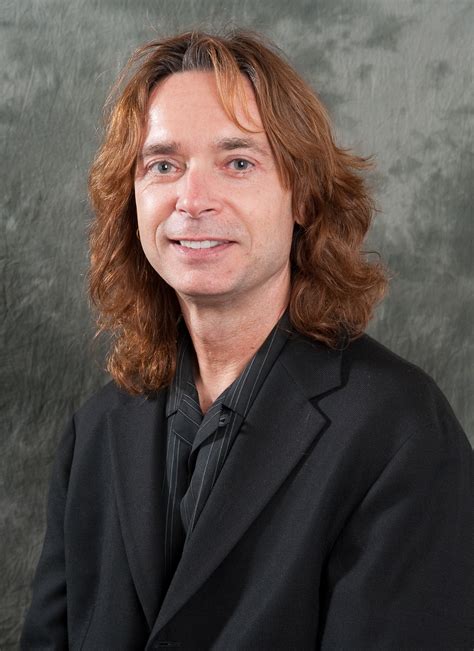A Quote by Brennan Manning
We have been given God in our souls and Christ in our flesh. We have the power to believe where others deny, to hope where others despair, to love where others hurt.
Related Quotes
If we don't love ourselves, we would not love others. When someone tell you to love others first, and to love others more than ourselves; it is impossible. If you can't love yourselves, you can't love anybody else. Therefore we must gather up our great power so that we know in what ways we are good, what special abilities we have, what wisdom, what kind of talent we have, and how big our love is. When we can recognize our virtues, we can learn how to love others.
The person who is living by grace sees this vast contrast between his own sins against God and the offenses of others against him. He forgives others because he himself has been so graciously forgiven. He realizes that, by receiving God’s forgiveness through Christ, he has forfeited the right to be offended when others hurt him.
A Winner's Blueprint for Achievement BELIEVE while others are doubting. PLAN while others are playing. STUDY while others are sleeping. DECIDE while others are delaying. PREPARE while others are daydreaming. BEGIN while others are procrastinating. WORK while others are wishing. SAVE while others are wasting. LISTEN while others are talking. SMILE while others are frowning. COMMEND while others are criticizing. PERSIST while others are quitting.
For my family, belief in God and in the resurrection of Jesus Christ brings such hope and promise to our lives. It strengthens our family and our marriage as we focus on Christ as our example of pure love, compassion and tolerance towards others. This positive message is one that helps us become better people each day.
Here is a spiritual principle: We cannot exercise love unless we are experiencing grace. You cannot truly love others unless you are convinced that God's love for you is unconditional, based solely on the merit of Christ, not on your performance. Our love, either to God or to others, can only be a response to His love for us.
The misfortune of others is our misfortune. Our happiness is the happiness of others. To see ourselves in others and feel an inner oneness and sense of unity with them represents a fundamental revolution in the way we view and live our lives. Therefore, discriminating against another person is the same as discriminating against oneself. When we hurt another, we are hurting ourselves. And when we respect others, we respect and elevate our own lives as well.
We human beings are social beings. We come into the world as the result of others’ actions. We survive here in dependence on others. Whether we like it or not, there is hardly a moment of our lives when we do not benefit from others’ activities. For this reason, it is hardly surprising that most of our happiness arises in the context of our relationships with others.
Every person has the power to make others happy. Some do it simply by entering a room others by leaving the room. Some individuals leave trails of gloom; others, trails of joy. Some leave trails of hate and bitterness; others, trails of love and harmony. Some leave trails of cynicism and pessimism; others trails of faith and optimism. Some leave trails of criticism and resignation; others trails of gratitude and hope. What kind of trails do you leave?
Have you ever stopped to consider the power of words? Through mere words, wars have started and ended. Tender feelings have been hurt and soothed. Courage has been instilled and fear has been implanted. Lives have been destroyed and others changed for the better. Think back on your own life when words have hurt you deeply or have comforted and given you strength and hope to do better.
































